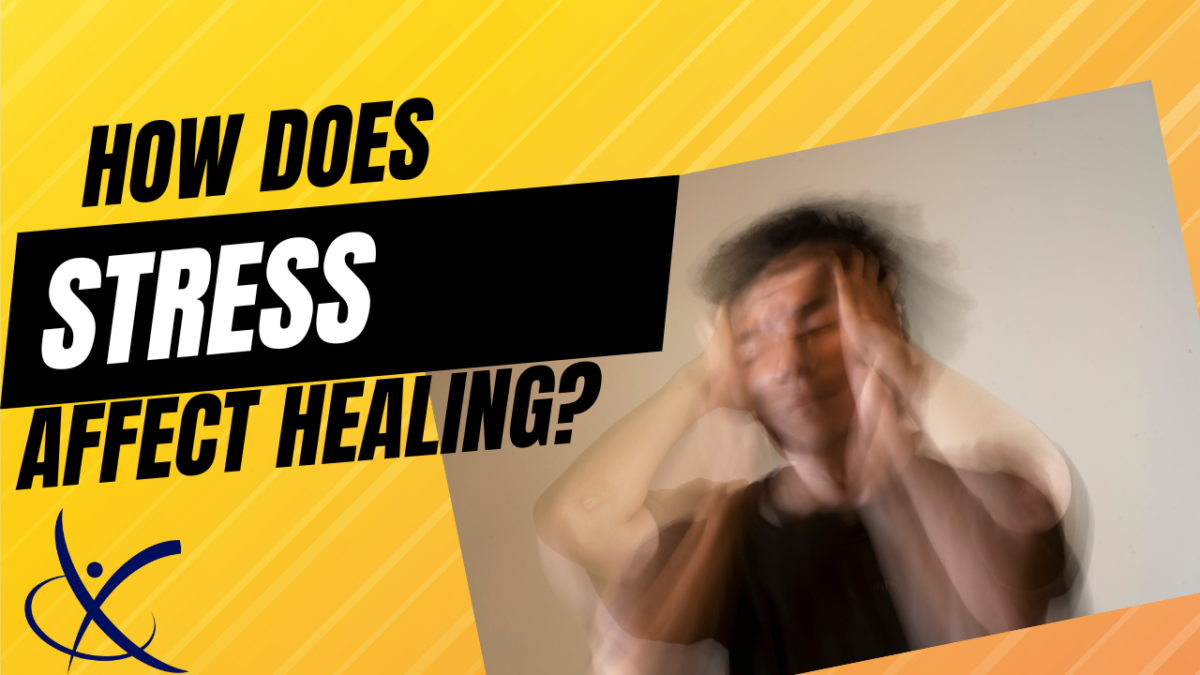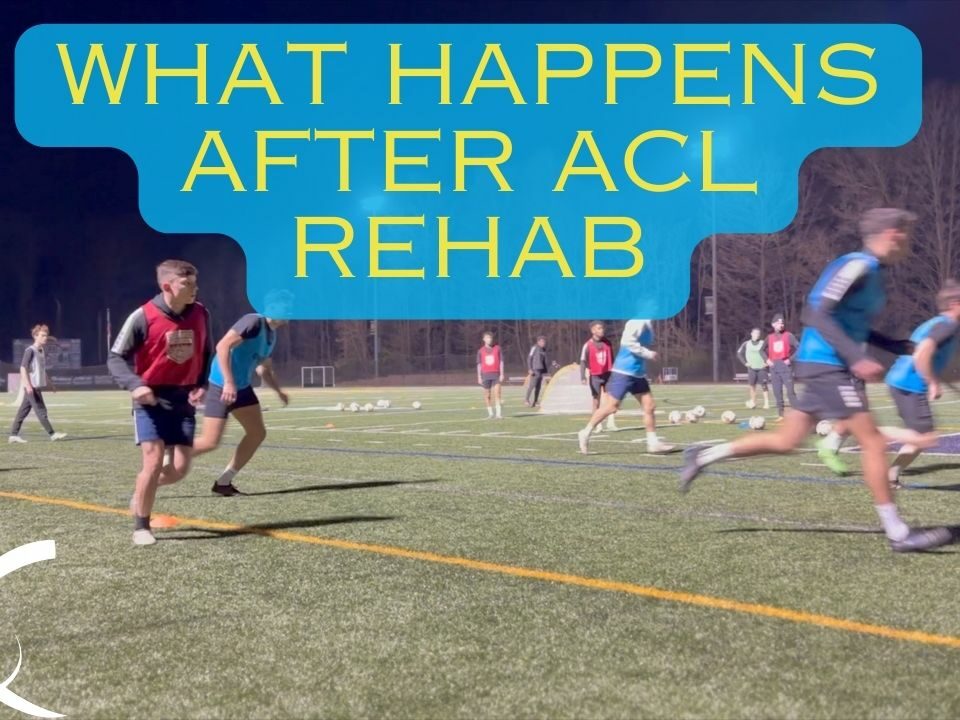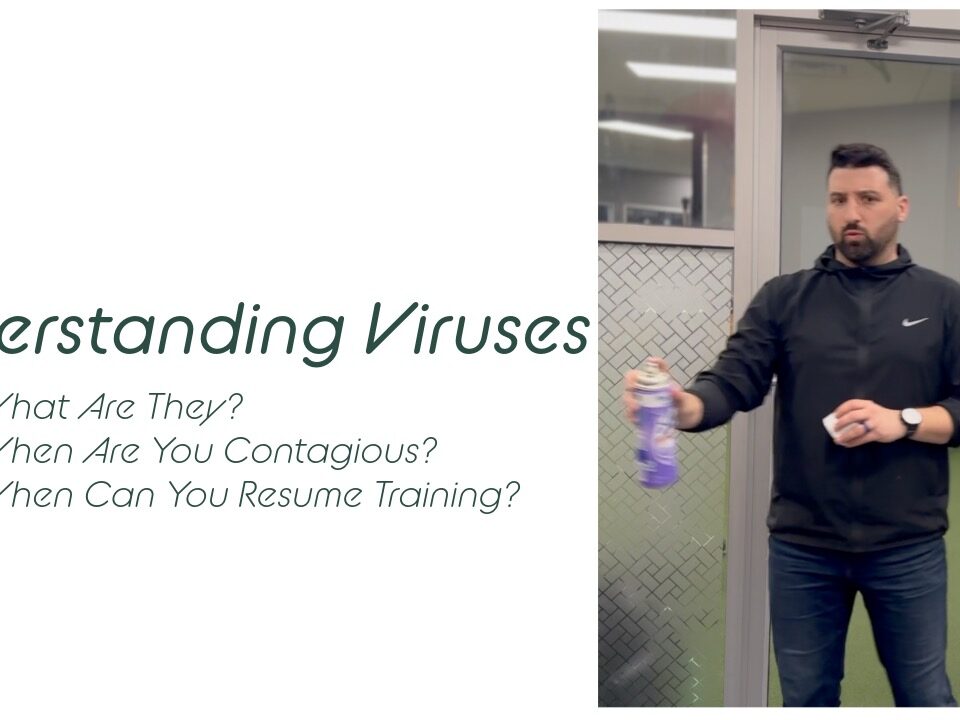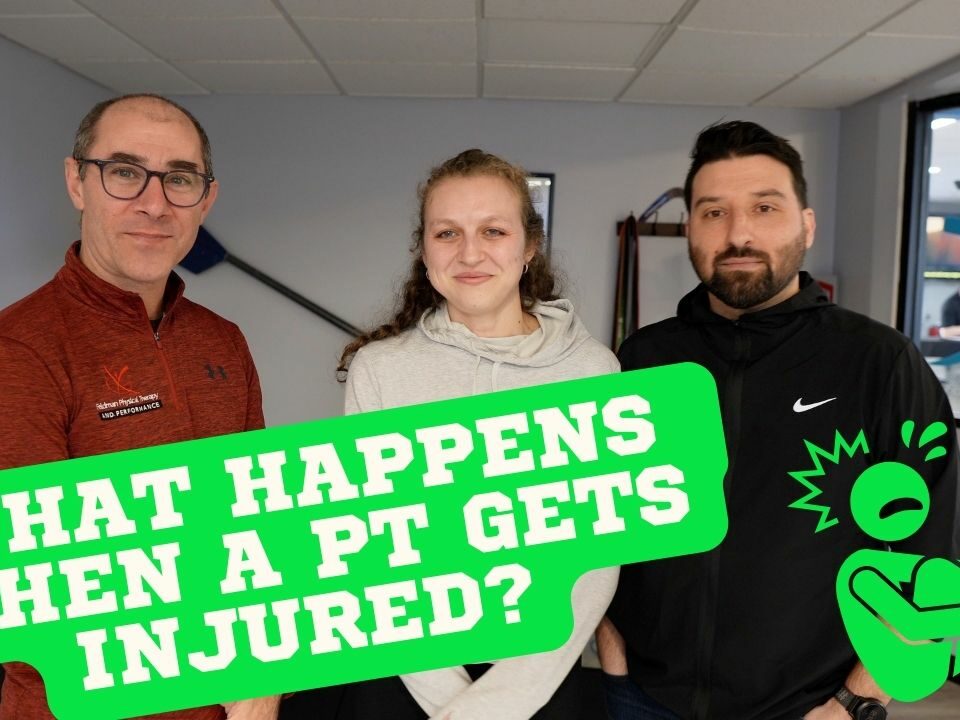
What is a Virus? When am I Contagious? When Can I Train Again?
March 21, 2024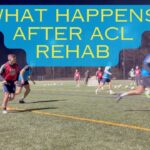
What Happens When You Finish ACL Rehab?
April 28, 2024How Does Stress Affect Your Healing?
Something that we can universally agree on is that we all have stress in our lives. Some stressors are good and motivate us to be better and do better. Other stressors are more insidious and end up affecting our lives more negatively.
Did you know that stress (good or bad) can impact your rehab and recovery from injuries and illnesses? Stress can significantly impede your progress in your rehab journey even if you are doing everything else right. That’s right, if you do all of your prescribed exercises, get plenty of rest, eat well, and sleep well, your progress towards a full recovery could still be hindered if you are experiencing stress.
There are so many sources of stress we all experience including work stress, life stress, family stress, health stress, and even stress related to our recovery process from an injury. How we deal with these sources of stress can significantly affect our ability to achieve a successful rehab outcome.
To better comprehend the impact of stress on rehabilitation, it’s important to recognize the connection between the body and mind. Stress, whether derived from external factors (i.e. work or school) or internal struggles (i.e. anxiety or health worries), can manifest physically and emotionally. In a rehab setting, where the focus is on restoring physical function, the mental and emotional aspects of stress can go unnoticed. Recognizing your stressors and their effects on your physical and emotional well-being can help you understand better when and how to utilize stress-relieving strategies.
When stress takes hold, the body activates the “fight or flight” response. This physiological reaction involves the release of stress hormones such as cortisol and adrenaline. While this response is vital in emergencies, chronic stress can lead to a prolonged presence of these hormones, potentially hindering the healing process. Elevations in your cortisol levels resulting from chronic stress can lead to a decreased ability for your body to produce anti-inflammatory cells that are crucial for recovery. As a result, the injured area remains inflamed for longer than necessary and is very slow to heal. This can make for a more prolonged and arduous rehab journey.
One of the most tangible effects of stress on rehabilitation is the worsening of muscle tension and pain. Stress-induced muscle tension can create additional challenges for people undergoing physical therapy. It can impede flexibility, hinder joint mobility, and contribute to a heightened perception of pain, making it more challenging to perform therapeutic exercises.
Combined with increased muscle tension and pain, the mental toll of stress can also affect a patient’s ability to adhere to their treatment plan. Motivation, focus, and consistency are crucial elements in the rehabilitation process. Chronic stress, however, can lead to feelings of fatigue, frustration, and decreased motivation, making it challenging for people to stay committed to their prescribed exercises.
So…knowing all of this, what do we do??
Recognizing the impact of stress is the first step. Oftentimes we are so accustomed to living with stress that we may not realize we are stressed and we may not be thinking of how it could be impacting our health and recovery. Incorporating stress management techniques such as mindfulness, relaxation exercises, and counseling can be helpful. However, it is often much easier to say “Do some deep breathing” or “just don’t think about it” than it is to find a solution that works for you.
My recommendation is to find something that makes you happy and try to make an effort to do whatever that is more often. It could be something as simple as going for a walk or chatting with an old friend. When we exercise, laugh, and relax our bodies release endorphins that help combat some of the negative effects of stress and help us heal!
Addressing the stress in your life could be the key component to breaking through that last barrier in your rehab process. If you feel like you’ve hit a plateau or are struggling with your rehab in any way, take a look at your stress levels and see if you can find a way to bring them down. As always, if you need any more specific recommendations feel free to reach out!


